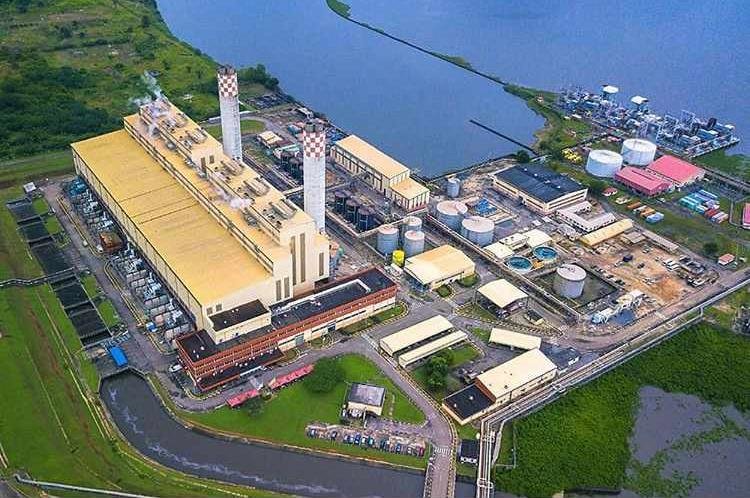The Receivership Saga: A Cloud of Uncertainty over Nigeria’s Power Sector
The Nigerian power sector was thrown into disarray following the announcement that KEPCO Energy Resources Nigeria Ltd, the majority shareholder of Egbin Power Plc, Nigeria’s largest thermal power plant, had been placed under receivership. The action, initiated by creditor FBNQuest Trustees Ltd, aimed to recover unpaid debts and involved the appointment of a Receiver/Manager to oversee KEPCO’s assets, including its substantial stake in Egbin Power. This move immediately raised concerns about the stability and future of the power sector, given Egbin’s pivotal role in electricity generation. The announcement caused widespread apprehension among stakeholders, as it signaled potential disruptions to power supply and further complications in an already struggling sector.
Conflicting Narratives and Legal Battles
The receivership notice sparked a wave of denials and counterclaims. KEPCO, along with its affiliated power entities – Egbin Power Plc, Ikeja Electric Plc, and First Independent Power Limited – vehemently refuted the claims, asserting that their operations remained unaffected and under the control of their existing management. They dismissed the receivership notice as a misrepresentation of facts and a strategic maneuver to undermine ongoing legal proceedings. The companies insisted they were financially stable and committed to their role in the power sector. This clash of narratives highlighted the complex legal battles surrounding the debt and the control of these vital power assets.
Legal Wrangling and the Fight for Control
The legal battle intensified as KEPCO and its affiliates revealed a court ruling that restrained the lenders and the appointed Receiver/Manager from interfering with their operations or assets. This injunction emphasized the contentious nature of the debt recovery process and raised questions about the validity of the receivership notice. The conflicting legal interpretations and court actions created further confusion and uncertainty regarding the ultimate fate of the power companies. The legal struggle underscores the high stakes involved and the potential for protracted litigation that could further destabilize the sector.
KEPCO’s Acquisition and the Genesis of the Debt
The roots of the current crisis can be traced back to KEPCO’s acquisition of the majority stake in Egbin Power during the 2013 power sector privatization. The acquisition was partly financed through credit facilities, which appear to be at the heart of the current debt dispute with FBNQuest Trustees Ltd. The details of the loan agreement, including the terms and conditions, have become a focal point of the legal proceedings. Understanding the original agreement and the subsequent events leading to the alleged default is crucial for comprehending the full scope of this complex situation.
Wider Implications for Nigeria’s Power Sector
The unfolding receivership saga has significant implications for Nigeria’s power sector, which is already grappling with a multitude of challenges. The sector has long been plagued by issues such as flawed privatization processes, inadequate infrastructure, and unsustainable subsidy regimes. These pre-existing problems exacerbate the current crisis and raise concerns about the potential for a widespread collapse of the power ecosystem. The situation highlights the urgent need for government intervention to stabilize the sector and ensure a reliable power supply for the nation.
The Stakes are High: Economic Development Hangs in the Balance
The potential consequences of a prolonged power sector crisis are dire. A stable and reliable power supply is essential for economic development, job creation, and overall societal well-being. The disruption caused by the receivership dispute threatens to further undermine investor confidence and hinder economic progress. The stakes are particularly high for businesses and industries that rely heavily on electricity for their operations. A resolution to the crisis is crucial for ensuring the long-term sustainability and prosperity of the Nigerian economy. The government’s response to this situation will be pivotal in determining the future trajectory of the power sector and its contribution to national development.














